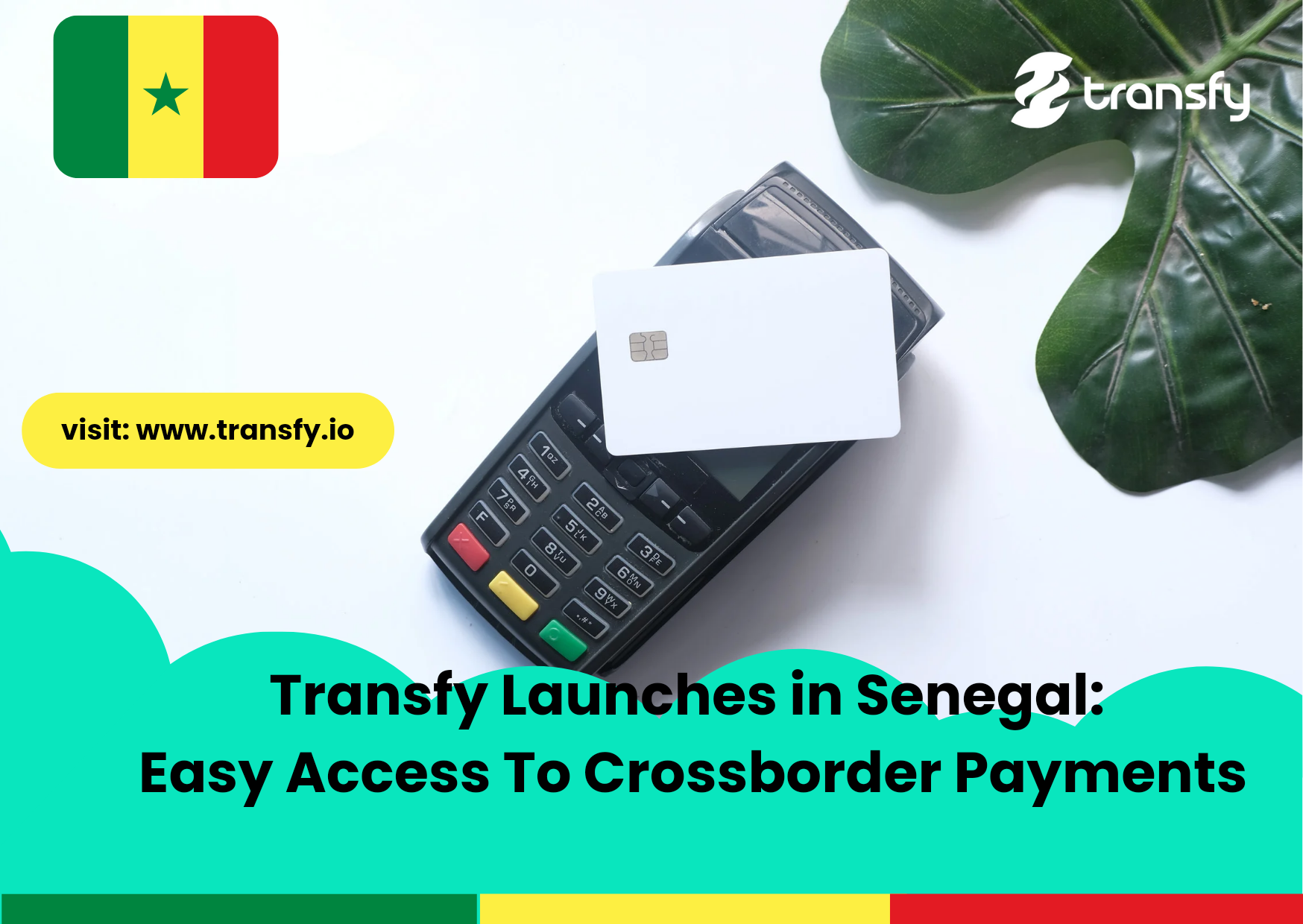Domestic and international payments in Africa weren't as efficient as they have been in recent years. Individuals and businesses in Africa experienced several bottlenecks when it comes to remittances and international transfers.
- Few decades back, people had to deal with loads of cash movement due to limited access to digital financial services.
- Banks had limited offices and could only cater to a limited number of people each working day.
- Mobile payments was only a dream as the majority of Africans didn't have access to a mobile phone at that time.
But all that has changed, many thanks to the technology boom and global e-commerce, and cashless policy. Payments have become more seamless and are simpler today than ever before. From online banking to cross-border payment solutions, and down to digital payment platforms, there's just a whole lot of options to choose from when it comes to payments.
With that said, let's take a look at how payment has transformed in Africa, and also explore some of the most innovative payment landscapes that are currently available.
Traditional Payment Methods in Africa
When it comes to making payments in Africa, there are a few old-school methods that are still popular even in the age of technology. They include:
The Barter System
Trade by Barter was a major means of payment in the olden days Africa. This involves exchanging goods or services instead of money. It's a system that has been used for centuries and is still popular in many parts of the continents.
Cash Payments
Cash payments are still prevalent in many parts of the world, even with the advent of cashless policy. Many transactions in Africa are still completed through cash. Whether it's a small purchase or a large business deal, cash is often seen as the most secure way to pay. It's also the easiest way to transact without having to worry about things like bank fees or foreign exchange rates.
Traditional Banks
The brick and mortar banks were one of the first innovative means of managing payments and financial services in the late 90s and early 20th century. The banks provided services like deposits and withdrawals, mortgage, share and bonds, loans, domestics and international transfers, etc.
On the flip side, traditional banks have since moved on from mundane payment methods and are now investing in new payment technologies. In addition, fintech startups are emerging all over Africa, offering innovative payment solutions that are more adapted to the African context.
And here's why
The Rise of Fintech and Online Payments in Africa
In Africa, it has been said that "the future is digital." And this is especially apparent in the payments sector.
Led by the rapid rise of fintech – or financial technology – Africa has seen a surge in the number of online and mobile payments platforms in recent years. According to Partech's 2021 report, Tech funding in Africa experienced the fastest growth than every other region in the world, racking a total of $5.2 billion in 2021. The sector attracted more investors and funding, than every other tech sector in the continent.
The fintech boom in Africa was due, in part, to the fact that traditional banking infrastructure had not yet reached many parts of the continent. Hence, Africans have turned to innovative mobile payment platforms for more seamless financial transactions.
This shift towards digital payments has been welcomed by many Africans, as it allows them to bypass expensive transaction fees charged by banks. These solutions also provide them with greater access to financial services and products.
Examples of such solutions include; mobile money, International payment platforms, digital lending, cryptocurrency exchanges, multi-currency wallets, investment platforms, etc.
The Role of International Payments in Africa
Cross-border payments have always been an important part of doing business in Africa. However, the need for these payments has only grown in recent years as Africa has continued to emerge as a major player in the global economy.
There are a number of reasons for this growth. One is the increasing number of African businesses that are exporting their goods and services to consumers around the world. Another is the rapid expansion of mobile technology throughout Africa, which has made it easier for people to access banking and payment services from anywhere in the continent.
Finally, there is also a growing demand for more sophisticated payment options from African consumers. This is reflected in the increasing popularity of mobile money and online payment platforms, which allow people to make payments and transfer money using their phones.
All these factors are contributing to the growth of international payments in Africa and making it easier than ever for businesses and consumers to transact with each other.
Payment Solutions for Cross-Border Payments in Africa
There are a number of payment solutions that are helping to make cross-border payments easier for businesses in Africa. Some of the most popular include mobile money, online payment platforms, and international money transfers.
Mobile Money
Mobile money is a payment solution that allows users to make payments and transfers using their mobile phone. It's incredibly popular in Africa, as it's a convenient and affordable way to send and receive payments. Examples of mobile money solutions include; M-Pesa, Orange Money, Airtel Money, MTN Momo,
Money Transfer Organizations
The MTOs provide convenient international transfer services for individuals and businesses. They offer a number of benefits, such as currency exchange, payment tracking, and low transfer fees. However, their transaction fees could be influenced by certain factors which affect the cost/percentage. Examples of such solutions include; WorldRemit, Western Money, MoneyGram, etc.
Payment Gateways
The platforms provide a convenient and simple means for African businesses to pay and get paid online, through the use of API integrations. These companies facilitate various online payments services like accepting payments from diverse countries, issuing invoices and tracking sales. Examples of such platforms include; Paystack, Flutter wave, Monnify, etc.
Cross-border Fintech Solutions
In recent years, Cross-border Fintech Companies have provided seamless solutions for cross-border payments and money remittances across Africa. The solution offers lower transaction fees, transparency, swift transactions and an easy-to-use interface to help individuals and businesses move money in their favorite African currencies. With platforms like Transfy, Chipper Cash, Klasha, etc. These platforms provide a variety of features, such as multi currency wallets, virtual credit/debit cards, bill payments, airtime recharge, API-powered payouts, etc., thereby, providing an acceptable alternative to traditional methods of payment across Africa and beyond.
Cryptocurrency Exchange Platforms
Cryptocurrencies can be used as a decentralized medium of exchange for goods and services. Hence, Cryptocurrency Exchange Platforms provide a safe and secure means for people to buy, sell and exchange cryptocurrencies for fiat or other cryptocoins. These platforms also aid in facilitating easy and instant international payments for individuals and businesses in Africa. Examples of crypto currency exchanges include Topit, Yellowcard, Binance, Roqqu, etc.
The Role of Traditional Banks in the Evolving Landscape
Though bank transfers and cards have been dominant for many years, new payment methods are quickly emerging and growing in popularity. However, traditional banks still have a number of advantages, such as trust and familiarity.
They also have the ability to scale up quickly and offer a wide range of services. So far, they have been successful in partnering with some of the new payment players, which will help them stay relevant in the rapidly changing payments landscape.
The Future of Fintech in Africa
It is fast-paced, it is ever changing and it is full of innovation. Technology is the biggest driver of change in Africa's payment landscape. There are more ways for consumers to pay for goods and services than ever before.
Fintech has been on the rise in Africa over the past few years, and it doesn't look like it's going to slow down any time soon. In fact, it's estimated that the continent's fintech sector will be worth over $14 billion by 2023.
A big reason for this growth is that fintech allows for more inclusive financial services, which is a major need in Africa. It also helps that fintech is more affordable and efficient than traditional banking systems, making it an attractive option for many Africans. Looking into the future, we can expect even more impressive growth from Africa's fintech sector.
Conclusion
Though online and mobile payments are still relatively new concepts in Africa, they are quickly gaining traction as more and more people become comfortable with using them. At the same time, traditional banks are starting to offer more online and mobile payment options, and even international payment solutions.
This is good news for African businesses and consumers, as it means that they now have a variety of payment methods to choose from. And as fintech solutions continue to evolve, even more payment options will become available. So the future looks bright for payments in Africa.



